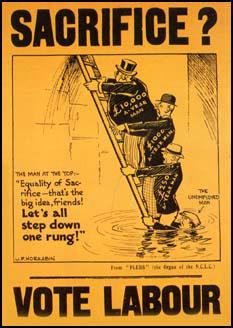A2 - Introduction to Socialism
Use the questions on the Socialism page of this blog to make notes from Andrew Heywood's book
Prep due Friday 7th November:

AS Unit 1 - Elections
Reading: Essentials of UK politics, A Heywood. Also, the St John’s Politics blog elections page, Politics Review magazine, & other resources in the library

Key questions:
1.What
is the point of an election?
2. What is First Past The Post?
3. Why has FPTP
been criticised?
4. What
are the benefits of FPTP?
Prep due Friday 7th November: Describe three
different elections regularly held in the UK. (10). Explain the workings of
FPTP (10).
AS Unit 2 - Parliament
Reading: Essentials of UK politics, A Heywood. Also, the St John’s Politics blog parliament page, Politics Review magazine, & other resources in the library
Key questions:
1.How is Parliament structured?
2.How does Parliament work?
3.What
is the difference between Parliamentary & Presidential governments?
4.Has
Parliament’s sovereignty been eroded?
Prep due Friday 7th November: Describe 3 functions
of Parliament (5). Explain 3 ways in which Parliament carries out its
scrutinizing role? (10).

.jpg)




